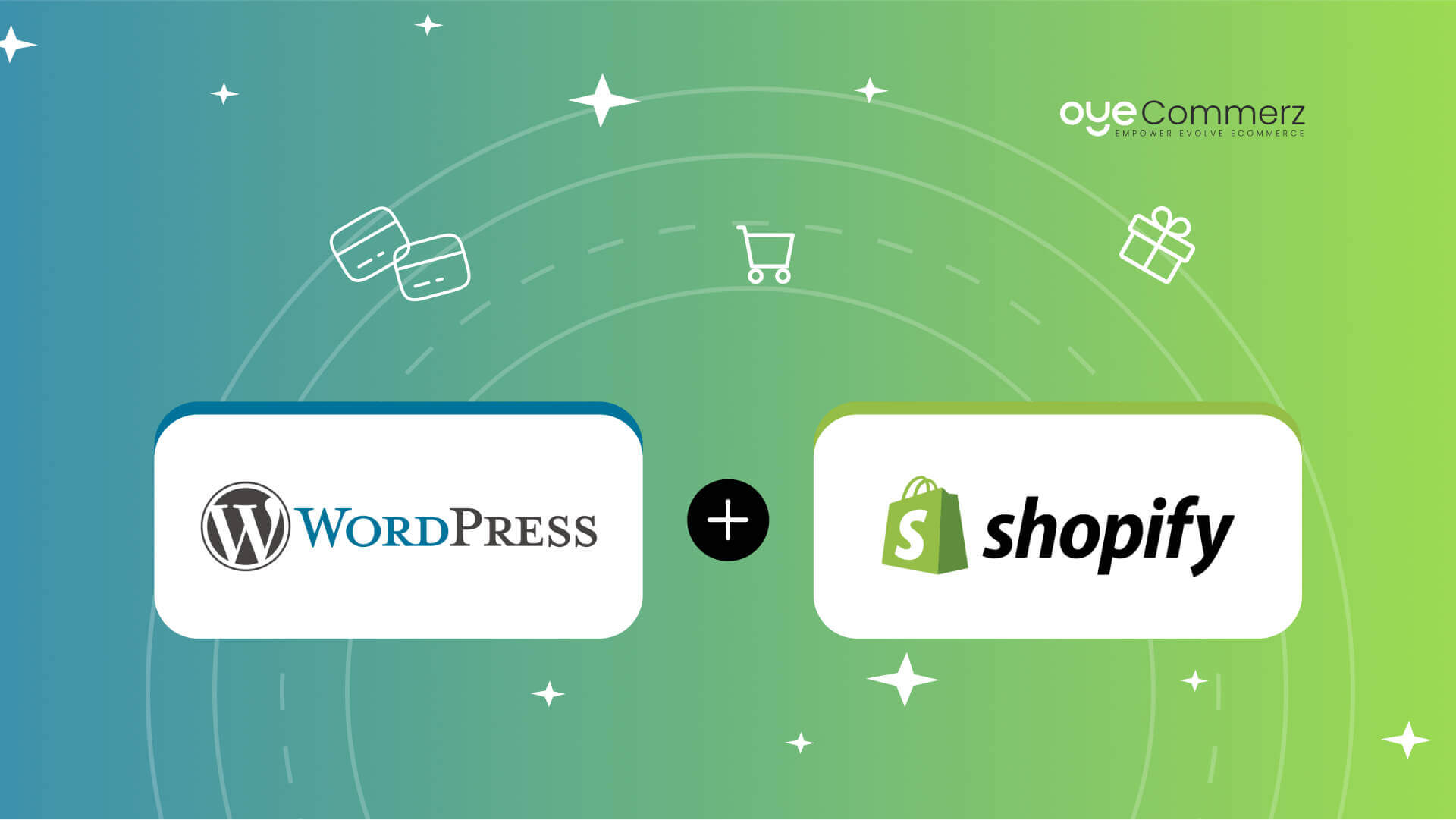In the dynamic world of online retail, selecting the best platform is essential for your company’s growth. If you’re at the moment using WordPress and thinking about a migration to Shopify, you’re not the only one. Numerous businesses are switching to leverage Shopify’s robust features, ease of use, and scalability. This guide will guide you on the steps of migrating from WP to Shopify seamlessly, making sure that you unlock your eCommerce potential.
Why Transition from WP to this platform?
Before exploring the migration journey, it’s essential to realize why this transition can be helpful for your online store:
Accessible Tools: Shopify features an user-friendly system that makes easier store handling, enabling for non-technical users.
Scalability: As your brand grows, Shopify can support higher traffic and sales without sacrificing performance.
Integrated Features: Shopify comes with pre-installed tools for search engine optimization, analytics, payment handling, and additional functionalities, reducing the need for numerous plugins.
Advanced Safeguards: With Shopify, you utilize advanced security measures that protect sensitive customer details.
Steps for a Effortless Migration
Migrating your eCommerce site from WP to Shopify includes multiple actions.
Here’s steps to achieve a smooth transition:
Outline Your Migration Plan
Begin by outlining your migration plan. Identify which aspects of your existing site you plan to move, such as:
Inventory information
User details
Purchase logs
Blog WordPress to Shopify guide content
Pick the Appropriate Migration Option
Depending on your requirements, select a migration package that aligns with your store. Migration experts provides several plans:
Starter Package: Ideal for boutique stores with limited products.
Standard Migration Package: Suitable for growing businesses with more complex requirements.
Premium Migration Package: Excellent for larger stores demanding broad customization.
Secure Your Information
Ahead of beginning the migration, ensure that you have a full archive of your WordPress site. This task is essential in the event anything goes off track during the move.
Extract Your Content from WP
Utilize extensions or custom scripts to transfer critical data from your WordPress site:
Inventory
Users
Transactions
Articles
Migrate Information into Shopify
Once you have your content extracted, utilize Shopify’s built-in features or third-party apps to transfer your information into your updated store. Verify that all information is properly structured and aligned.
Customize Your Shopify Store
Following uploading data, tailor your Shopify store’s theme to match with your style. Consider hiring a developer if you require detailed customization.
Set Up TransactionOptions and Delivery Settings
Arrange billing solutions and logistics options in Shopify to create a user-friendly transaction experience for customers.
Implement Search Engine Optimization Guidelines
To keep your search engine rankings during the migration:
Implement 301 URL mappings from existing URLs to migrated ones.
Refresh meta tags.
Adjust media and copy for better ranking.
Evaluate Your Migrated Store
Before launching, completely test your Shopify site. Look out for any broken links, transaction errors, or missing data.
Publish Your Site
After everything is in order, it’s time to launch! Share the transition to your clients and encourage them to discover the updated features of your Shopify store.
Post-Migration Assistance
Following publishing your updated store, continued help is essential. Consider working with experts who can assist with:
Technical support
Promotional campaigns
Improvement strategies
Conclusion
Migrating from WordPress to Shopify can be a transformative decision for your digital business. By using this guide and utilizing professional services like those offered by dedicated providers, you can guarantee a seamless transition that enhances your business potential. Adapt to the change and discover the full capabilities of Shopify platform benefits Shopify today!
